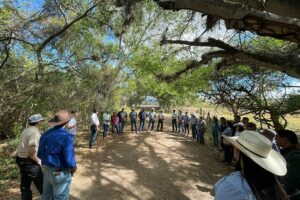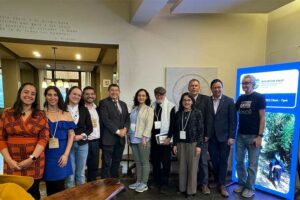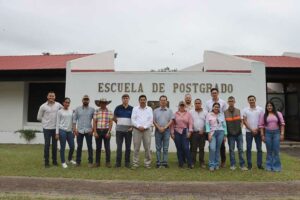CATIE Develops Sustainable Academic Farm to Strengthen Food Security and Education
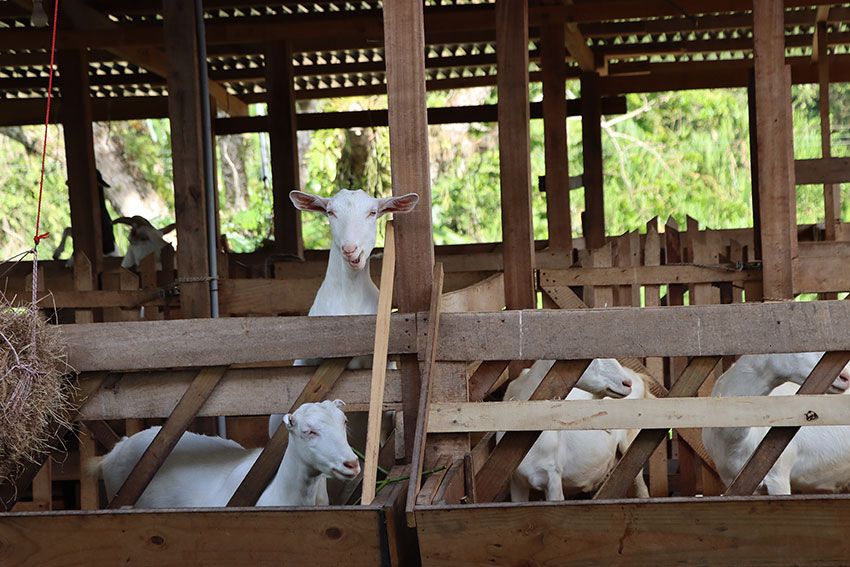
- Space for agricultural production using organic and regenerative methods will supply both the Institutional Cafeteria and the International Club of the Center.
CATIE (Tropical Agricultural Research and Higher Education Center) takes a crucial step towards food self-sufficiency and sustainability with the launch of the Sustainable Academic Farm (FAS). The project, located at the main headquarters in Turrialba, Costa Rica, addresses the need to provide healthy and high-quality food to the CATIE community.
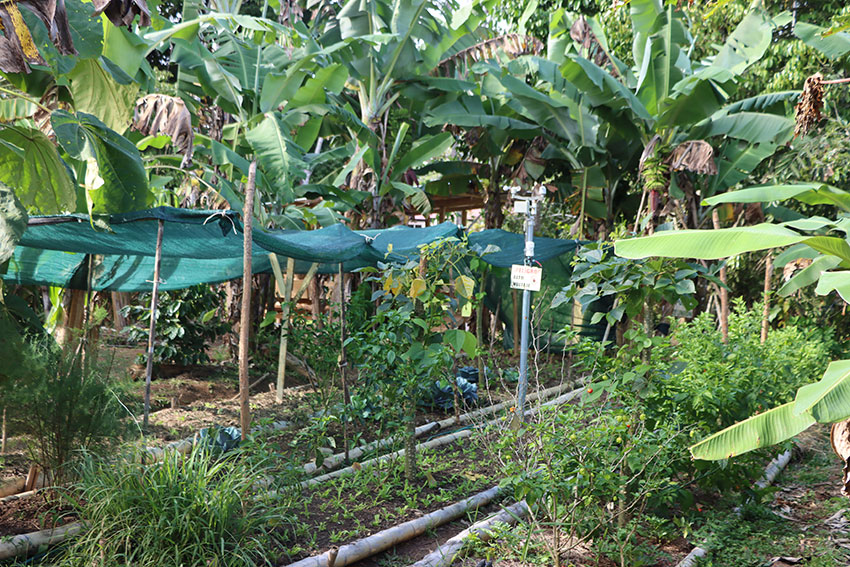
The FAS, covering approximately 3 hectares, will be dedicated to agricultural production following organic and regenerative methods, supplying both the Institutional Cafeteria and the International Club.
According to Luis Pocasangre, CATIE’s General Director, this approach not only aims to improve the quality of the produced food but also to promote crop biodiversity and eliminate the use of agrochemicals and pesticides. “We want to ensure that the food we consume is healthy and produced sustainably,” he emphasized.
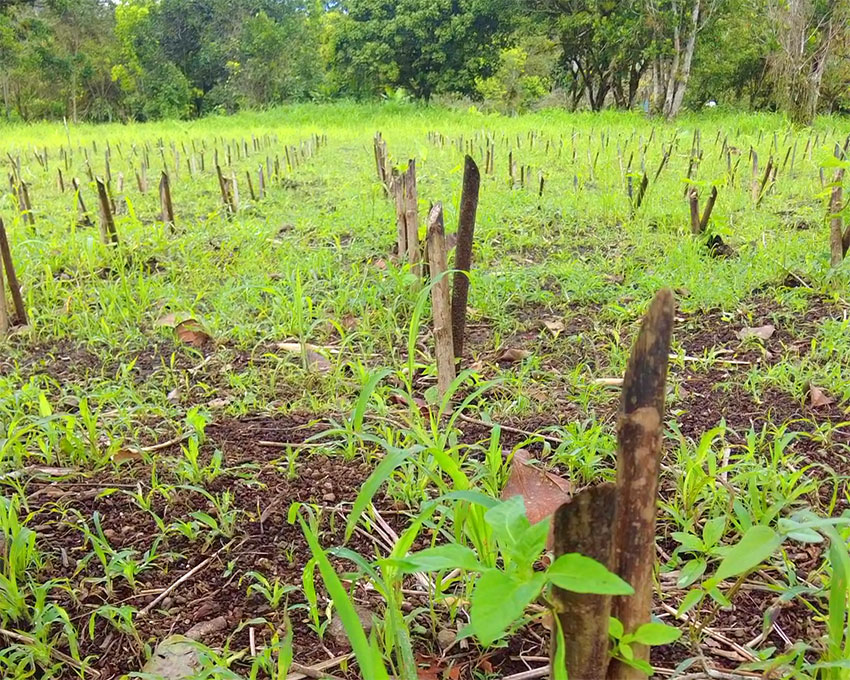
In addition to its productive function, the FAS will be a research center where the effectiveness of bio-inputs for pest and disease management in tropical crops will be evaluated. This research component is crucial for developing more sustainable and efficient agricultural practices.
The farm will also serve as an academic space for CATIE master’s students and international interns. These students will have the opportunity to get directly involved in sustainable production, gaining practical experience and valuable knowledge. “We want our students and interns to have a comprehensive experience that combines theory and practice in a real environment,” explained Pocasangre.
Project Details and Production Areas
The General Director detailed that two months have already been spent on implementing various productive areas. The farm will have laying hens, goats for milk and cheese production, as well as sheep to complete the livestock section. Additionally, forage banks such as Tithonia and Cuba 2 grass have been planted to feed the animals.
The farm will also include a section dedicated to musaceae, with at least 10 different types of bananas and plantains. In 100 m² plots, more than 20 food species will be cultivated, including cassava, sweet potato, taro, tiquisque, cucurbits, corn, beans, chili, and tomato.
To facilitate visitor access to the farm, improvements such as the construction of a culvert and a bridge have been made. Additionally, a central composting area will be installed to produce the organic fertilizers needed for crop fertilization.
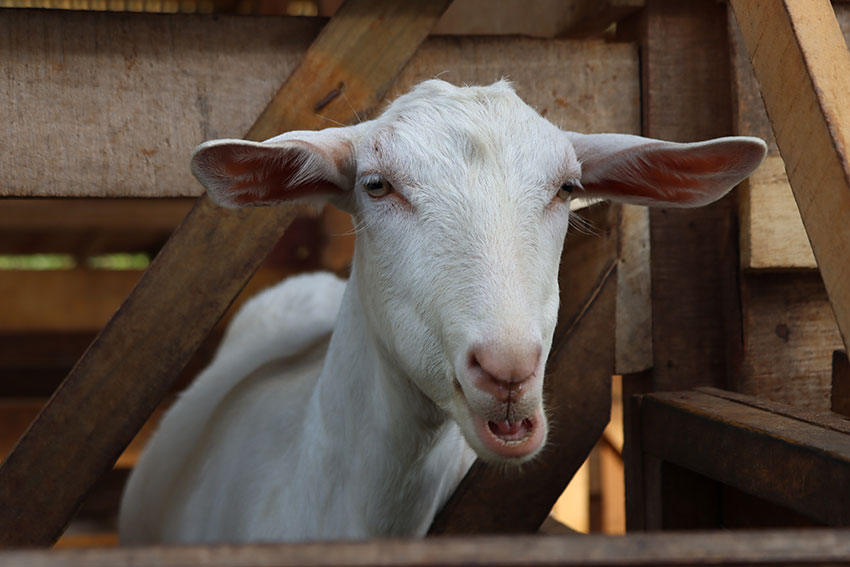
Agrotourism and Community
Another important objective of the FAS is to promote agrotourism on the CATIE campus. By opening its doors to visitors interested in sustainable agriculture, the farm will not only educate the public about responsible agricultural practices but also strengthen ties with the local and global community. “Agrotourism is an excellent way to share our knowledge and promote greater awareness of the importance of sustainability,” commented Pocasangre.
Finally, Pocasangre called on the entire CATIE community to support the implementation of this institutional policy. “This project is a collective effort, and we need everyone’s commitment and collaboration to make it a success,” he concluded.
With the FAS, CATIE not only aims to meet its internal food needs but also to become a model of sustainability and education for the region.
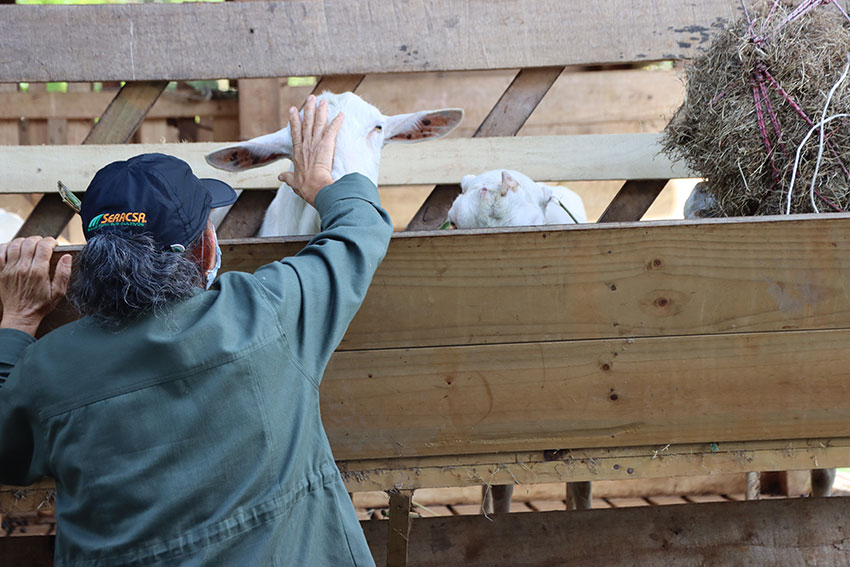
Written by:
Esteban Rodríguez Zamora
Communicator
Information Technology and Communication
CATIE
esteban.rodriguez@catie.ac.cr

